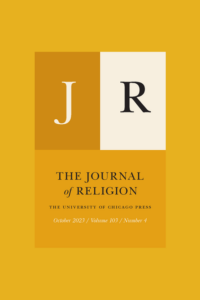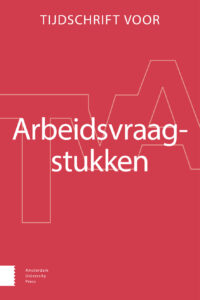During his career and especially in the later stage of it, Martin Luther made numerous venomous comments and wrote several violently anti-Semitic tracts. This article seeks to contextualize Luther’s attitudes toward the Jews and Judaism from several perspectives: It considers the reformer’s “Judeophilia” and Judeophobia from a new perspective. It demonstrates the uniqueness of Luther’s approach toward the Jews and Judaism in its historical, religious, theological, and cultural setting in comparison to his contemporary theologians and reformers. It maintains that Luther’s Judeophobic statements and anti-Semitic tracts cannot and should not be excused as if they were just a reaction to complications in his family or health and age or were an integral, usual part of his society’s norms, as some scholars argue. It suggests that Luther’s positions should be understood (but not justified) in light of his Christian anti-Jewish education, a rejection and replacement theology, the everlasting Jewish-Christian dispute and fight over the Bible and its interpretation, his fear of ongoing Jewish intellectual influence, and his views and fears of “Jewish magical power.” His deep disappointment at the Jewish rejection of his newly reformed church was a turning point in his strategic approach.
The Position of Martin Luther toward Jews and Judaism
Historical, Social, and Theological Avenues


